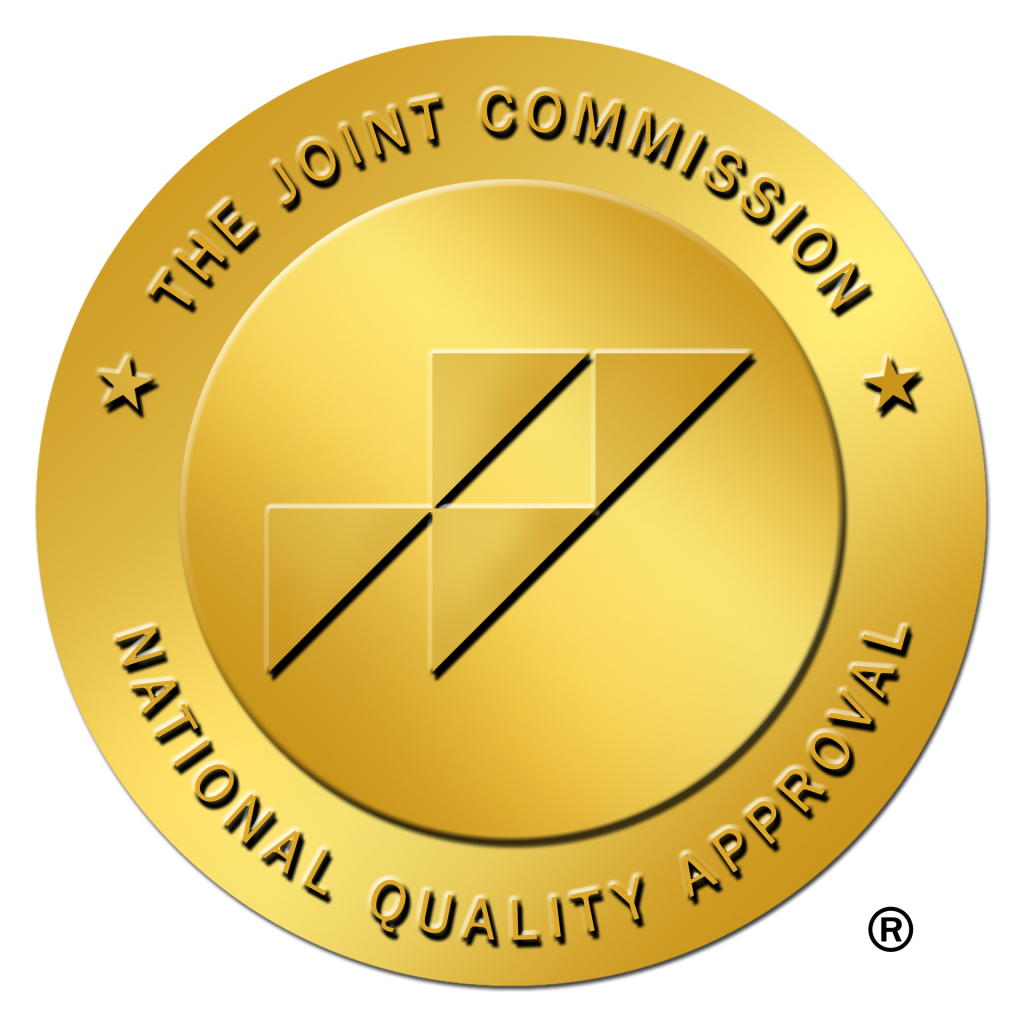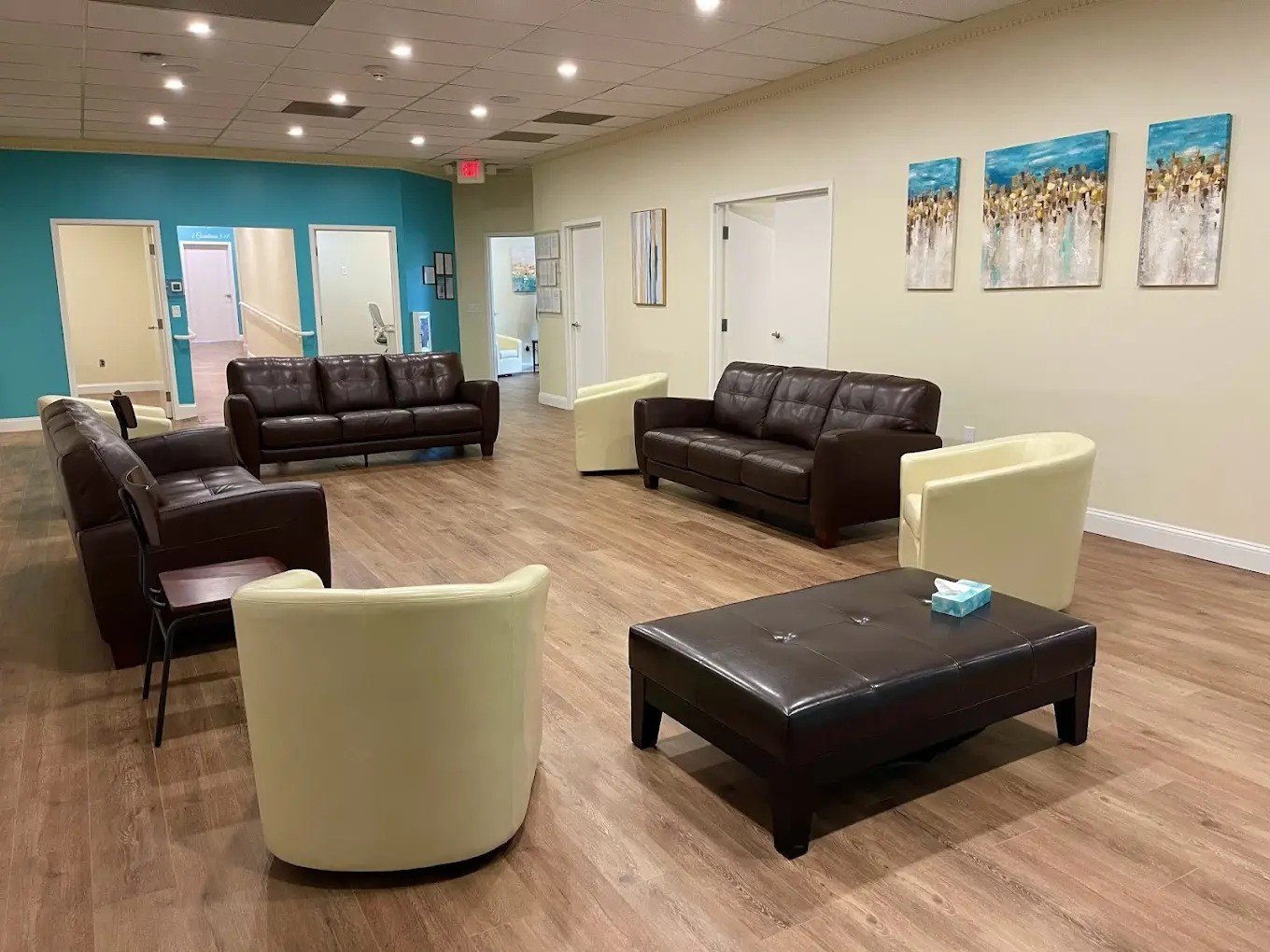Trauma Informed Outpatient Treatment Nj
The Importance of Trauma-Informed Care
The concept of trauma-informed care is foundational to the services we provide at New Chapter Recovery. It’s not just about treating symptoms of trauma; it’s about creating an environment where individuals feel safe and understood. By incorporating trauma-informed principles, we ensure that every interaction acknowledges the impact of trauma on mental health and addiction recovery.
Our approach recognizes that trauma is widespread and can profoundly affect a person’s ability to engage in treatment. By understanding the nuances of trauma-experienced behaviors, we tailor our outpatient services to meet the unique needs of each individual.
What is Trauma-Informed Outpatient Treatment?
Trauma-informed outpatient treatment in NJ provides flexible care options for those impacted by trauma, allowing individuals to receive necessary intervention without disrupting their daily lives. This model of care is designed with an understanding of trauma’s pervasive effects, ensuring clients feel seen and respected.
In our Parsippany-Troy Hills location, outpatient treatment includes individual and group therapy sessions that integrate trauma-responsive strategies. Our clients benefit from a supportive community and expert professionals who are adept at handling trauma-sensitive situations.
Outpatient treatment is ideal for individuals who require structure and support but do not need the intensity of a residential program. It offers flexibility, allowing clients to maintain work and family commitments while receiving the care they need.
Evidence-Based Approaches in Our Program
At New Chapter Recovery, we pride ourselves on utilizing evidence-based practices in our trauma informed outpatient treatment NJ. Therapeutic modalities such as Cognitive Behavioral Therapy (CBT), Dialectical Behavior Therapy (DBT), and Acceptance and Commitment Therapy (ACT) form the backbone of our treatment approach.
These therapies are proven effective in helping individuals process and manage trauma, providing them with tools to navigate their recovery journey. Our clinicians are trained to deliver these therapies in a way that is empowering and empathetic, creating a nurturing therapeutic alliance.
Personalized Treatment Plans
Every client at New Chapter Recovery receives a personalized treatment plan that respects their unique story and recovery goals. Our multidisciplinary clinical team collaborates to design a roadmap that fits the specific needs of each individual, ensuring an inclusive approach that addresses both substance use disorders and any co-occurring mental health issues.
These treatment plans are adaptable, continuously evolving as clients progress through their therapeutic journey. We believe in the power of individualized care, which is why we consider a client’s preferences, strengths, and recovery milestones as critical components of their overall treatment strategy.
Integrated Dual Diagnosis Model
Our dual diagnosis model is integral to effective trauma informed outpatient treatment NJ, tackling both mental health issues and substance use disorders simultaneously. We know that untreated trauma and mental health conditions can exacerbate addiction, which is why our integrated approach addresses both aspects in concert.
By treating mental health and addiction as interconnected, our program helps clients break free from cycles of relapse. Our clinicians are equipped to handle complex cases, ensuring that mental health treatment is woven into the fabric of addiction recovery.
This model fosters a holistic understanding of a client’s challenges, making it possible to implement comprehensive strategies that promote lasting change.
The Role of Family Support
Family support is a cornerstone of our outpatient treatment services, recognizing that loved ones play an essential role in recovery. We offer family therapy sessions, educating families on trauma-informed care approaches and fostering open communication.
Engaging family members in the treatment process not only aids in the client’s recovery but also helps build a supportive home environment conducive to healing. Our clinicians work with families to develop insight into their loved one’s experiences and needs, creating a united front against the challenges of addiction and trauma.
Flexible Treatment Schedules
Our outpatient programs are designed for flexibility to accommodate the busy lives of working professionals and other commitments. Whether through our Partial Hospitalization Program (PHP), Intensive Outpatient Program (IOP), or traditional Outpatient Program (OP), individuals can access treatment at times that suit their schedules.
This flexibility ensures that clients can pursue recovery without compromising their responsibilities at work, school, or home. By offering day and evening sessions, we uphold our commitment to accessibility and convenience for all clients.
Our structured schedules allow individuals to manage their daily routines while receiving consistent support, making it possible to integrate treatment into everyday life seamlessly.
Specialty Tracks and Innovative Therapies
We offer a variety of specialty tracks, including animal-assisted therapy, veterans treatment, and faith-based recovery, which set our trauma informed outpatient treatment NJ apart. These tracks cater to unique needs and interests, enhancing the therapeutic experience by fostering engagement and connection.
Innovative therapies like animal-assisted therapy provide comfort and aid in emotional regulation, offering a soothing presence that can ease the effects of trauma. Our veterans track acknowledges the unique experiences of military life, offering tailored interventions that respect and honor those experiences.
The Importance of Measurable Clinical Outcomes
We place a strong emphasis on measurable clinical outcomes to track the effectiveness of our treatment plans. By setting individualized goals and regularly reviewing progress, we ensure that each client receives evidence-based care that delivers tangible results.
Our commitment to outcomes means continuously refining and adjusting treatment strategies, enhancing the precision and impact of our programs. Clients gain a clear understanding of their progress and learn to celebrate victories, however small, along their recovery journey.
Data-driven insights from clinical outcomes guide the ongoing development of our services, ensuring we remain at the forefront of trauma-informed addiction treatment.
Confidentiality and Trust in Recovery
Confidentiality is paramount in the treatment process, providing a safe space where clients can share without fear of judgment or breach of privacy. Trust is the bedrock of effective therapeutic relationships, and we are committed to maintaining the highest standards of confidentiality and professional integrity.
Our admissions team is trained to handle sensitive information discreetly, ensuring a seamless entry into our programs. We respect each client’s privacy, knowing that trust is essential for a successful therapeutic alliance and long-term recovery.
What makes trauma-informed care crucial in outpatient treatment?
At New Chapter Recovery, we understand that trauma is not just an event, but an experience that deeply affects individuals on multiple levels. Trauma-informed care is essential because it addresses the core issues that can hinder recovery. By fostering a supportive environment where clients feel safe and understood, we can help them engage more effectively in their treatment. Imagine walking into a place where your story is not just heard but respected. This approach ensures that our clients’ pasts are acknowledged, without letting them dictate the future.
How does trauma-informed outpatient treatment differ from residential programs?
Trauma-informed outpatient treatment offers flexibility that residential programs typically do not. It allows individuals to receive care while maintaining their daily responsibilities such as work and family. This is important because it integrates treatment into their everyday lives, promoting real-world application of recovery strategies. Our outpatient programs cater to varying needs through options like PHP, IOP, and OP, providing structure without the need for full-time residence. It’s about finding a balance that works for each person and helps them reclaim control of their life.
What evidence-based therapies are most effective in treating trauma in an outpatient setting?
At New Chapter Recovery, we employ a range of evidence-based therapies to address trauma. Cognitive Behavioral Therapy (CBT) helps clients reframe negative thought patterns, while Dialectical Behavior Therapy (DBT) focuses on emotional regulation — both vital for trauma recovery. Acceptance and Commitment Therapy (ACT) supports individuals in accepting their trauma without letting it define them. Our team is trained to deliver these therapies in a compassionate, understanding manner, fostering a nurturing therapeutic alliance. The success of these therapies is supported by numerous studies and research.
How are personalized treatment plans created, and why are they important?
Every individual’s journey is unique, and so should be their treatment plan. At New Chapter Recovery, we collaboratively develop these plans with our clients. We consider their specific goals, past experiences, and current challenges to tailor a roadmap that fits their recovery needs. This multidisciplinary approach involves input from various experts, ensuring a comprehensive strategy. An adaptable, personalized plan respects the client’s story and allows for adjustments as they progress, enhancing the likelihood of successful outcomes.
Can you explain the integrated dual diagnosis model and its significance?
Our integrated dual diagnosis model addresses both mental health issues and substance use disorders simultaneously. This approach is critical because untreated mental health conditions can exacerbate addiction, and vice versa. By treating these issues together, we help clients break the cycle of relapse and achieve sustainable recovery. Our clinicians are adept at recognizing the complexities of these intertwined conditions and are committed to providing holistic care that tackles all aspects of the individual’s health.
Why is family support emphasized in trauma-informed care?
Family plays an indispensable role in the recovery process. At New Chapter Recovery, involving family members not only supports the client’s healing but also educates the whole family on trauma-informed practices. By participating in therapy sessions, families learn to communicate more effectively and create a supportive home environment. For instance, a client returning home to a family that understands their journey can significantly reduce the stressors that often lead to relapse.
What benefits do flexible treatment schedules offer to working professionals?
Our flexible schedules are designed to accommodate the demands of working professionals who may find it challenging to fit treatment into their busy lives. By offering day and evening sessions, we ensure that clients can pursue their recovery without compromising their professional responsibilities. Imagine being able to attend a therapy session after work, apply those strategies in real-time, and still fulfill your career obligations. This flexibility is crucial for maintaining engagement in both personal and professional spheres.
How do specialty tracks like animal-assisted therapy enhance the therapeutic process?
Specialty tracks such as animal-assisted therapy provide unique benefits by engaging clients in non-traditional ways. The presence of animals can be soothing and help regulate emotions, making it easier for individuals to process their trauma. Our programs, including those for veterans or those seeking faith-based recovery, respect the diverse backgrounds of our clients. These tracks are designed to increase engagement, build trust, and foster a deeper connection to the recovery process. Have you ever considered how a non-judgmental companion like a therapy dog could offer comfort during challenging times?
Resources
- Substance Abuse and Mental Health Services Administration (SAMHSA) – SAMHSA is the leading agency in the United States working to reduce the impact of substance abuse and mental illness on America’s communities.
- National Alliance on Mental Illness (NAMI) – NAMI is the largest grassroots mental health organization in the United States, dedicated to building better lives for the millions of Americans affected by mental illness.
- Psychology Today – Psychology Today offers a platform for finding mental health professionals and resources, as well as articles and information on various mental health topics.
- National Institute on Drug Abuse (NIDA) – NIDA is a government agency focused on advancing addiction science and providing resources to help prevent and treat substance abuse.
- American Psychological Association (APA) – The APA is the leading scientific and professional organization representing psychology in the United States, offering resources for mental health professionals and the public.






